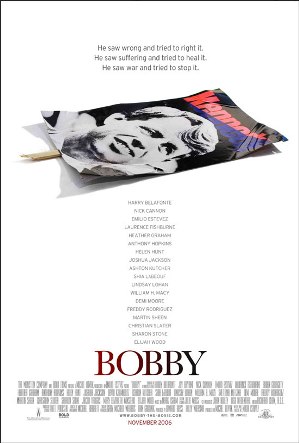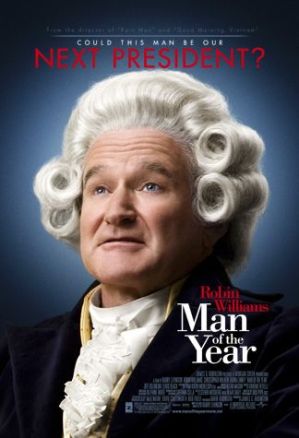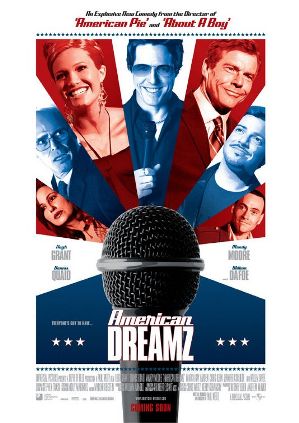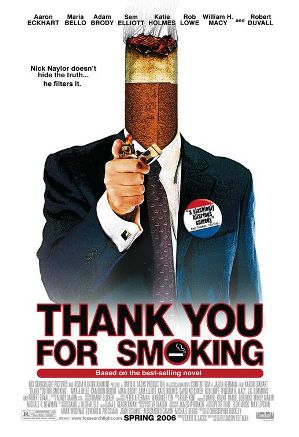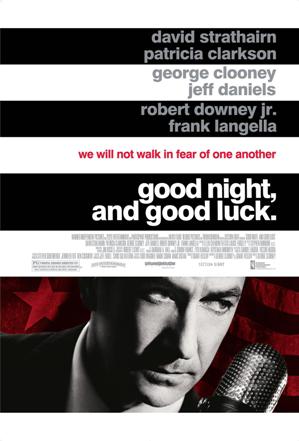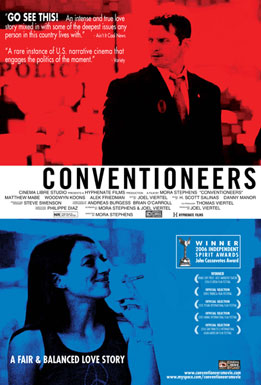Earlier tonight, I watched the latest Lifetime original film, Megachurch Murder!
First off, it was on Lifetime. And secondly, I had read that the film was supposedly based on Hamlet!
What Was It About?
Something’s rotten in the state of Denmark … Denmark, Georgia that is. Shortly after resisting the efforts of Michael Beach to expand his church, Pastor Malcolm Jamal-Warner dies under mysterious circumstances. Soon, Beach is having an affair with the pastor’s widow (Tamala Jones) and the pastor’s daughter (Shanica Knowles) is convinced that there’s been a murder. Complicating things: Knowles is dating Beach’s son, Romeo Miller.
What Worked?
To be honest, the best thing about Megachurch Murder were the tweets. This is one of those films that seemed to bring out the best of twitter.
I appreciated that the film pretended to be based on Hamlet, even though the story itself had next to nothing in common with Shakespeare’s play. That said, two youth group leaders did show up as the Megachurch Murder equivalents of Rosencrantz and Guildenstern.
Most of the actors seemed to just be going through the motions but Michael Beach did a good job in the role of Clay King. He made for a great villain.
What Did Not Work?
All through the movie, whenever Hannah had to get away from it all, she always went to the exact same bridge. At first, it was funny that she was always standing on that bridge. But, after the 20th scene on that bridge, I started to wonder why nobody else in the town of Denmark ever seemed to use the bridge. Finally, by the time that Clay was demanding to know where Hannah was, I found myself shouting at the TV, “She’s on the bridge! She’s always on the damn bridge!”
Plus, Romeo Miller … actually, to be honest, I think Romeo Miller could give a good performance if cast in the right role. But, in this film, I kept expecting him to start talking about ICDC college. Whenever he was comforting Hannah, I kept waiting for him to say, “You can major in criminal justice or homeland security…”
Finally, I was surprised to discover that, at the end of the film, people were still attending the church. After three violent deaths, I’d probably change parishes.
“Oh my God! Just like me!” Moments
To be honest, and no one is more shocked by this than me, this is probably the first Lifetime film that I’ve ever watched that featured absolutely no moments that made me go, “Oh my God! Just like me!” I guess it’s because I was raised Catholic and didn’t have to deal with any murders while I was growing up.
It is true that, much like Hannah, I did go through my rebellious phase and I would snap at any adult who tried to speak to me. However, Hannah had an excuse. She was dealing with her father’s murder whereas, in my case, I was just a brat. So, it really doesn’t count as a “OMG! Just like me!” moment.
Lessons Learned
Big church = murder.


